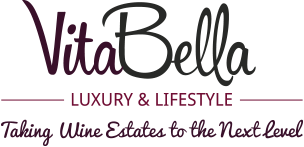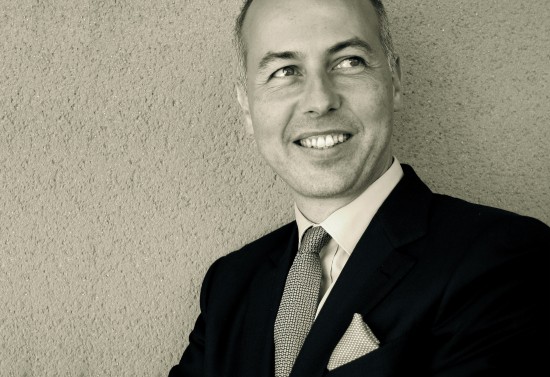In the world of luxury, quality is not enough. Nor in the world of wine. Brand strength got the upper hand decades ago and this trend will crescendo in the coming years. Quality is an essential and necessary prerequisite, but it is also a given and far from sufficient in itself in the eyes of new generations. Running parallel with this trend, we can’t help noticing that, since the 1990s, the quality of wine has grown consistently around the world. Consultant oenologists have carried out an incredible amount of work to reach this conclusion. The USA, Australia, Chile, France and Italy – nowadays you can easily find a decent wine, whatever the vintage and whatever the price bracket. The advent of organic and biodynamic farming has added yet another new dimension: on top of this quality, we now have labels which give added value in the eyes of consumers. Organic being everywhere and biodynamic having become a must for a great many fine wines, we can imagine the consumer will grow even more demanding in the near future. Organic and biodynamic will no longer be enough to set a wine apart; new generations will buy the wines that embody the values they hold as important. We will then enter a new era: that of wines of High Human Value (HHV).
Going further than organic and biodynamic, further than norms, standards and other labels, a new era is, in fact, already on the way. The signs we see now, contained in words such as ‘sustainability’ and ‘regenerative agriculture’, are the presages of this revolution. In any case, they are its transition – a compulsory step on the road to the Holy Grail. In the eyes of the consumer, this grail includes an environmentally-friendly approach. Carbon neutral? Of course, but that’s just for starters. Because these consumers are now demanding more social responsibility from brands. They expect more than honeyed words about sustainability and diversity; they need transparency and social sustainability.
What does this actually mean? It’s all about highlighting the human nature of your company and how involved it is in issues. Trying to get “B Corp” certification (a label accorded to businesses that meet societal and environmental, governance and public transparency requirements) is a first step and will soon become indispensable, but what consumers want most is concrete actions and a committed vision. Although this may seem evident to some wine estates, particularly family-sized ones, you need to know how to showcase your virtues and look to the future by developing new projects in step with your commitment to the planet and humankind. There are an infinite number of ways of actually doing this in every area of your business: human resources, agriculture, production, sales and marketing.
The fine wines of tomorrow won’t be able to rely simply on their great taste. Or their history. They will have to prove their High Human Value, the only thing that will count in the eyes of new generations. This new HHV era should not be perceived as an obstacle, given how it seems it has always been naturally part of the world of wine. On the contrary, it’s a wonderful opportunity to fly the flag, because for a great many winegrowers, this is simply about promoting what already exists and pursuing a vision of a healthy world, based on tradition and respect for humans and Nature.
(Guillaume Jourdan wrote this post. You can reach him via LinkedIn)



